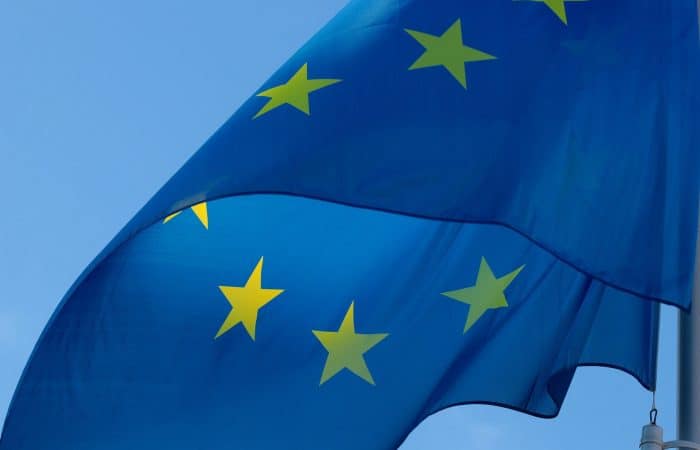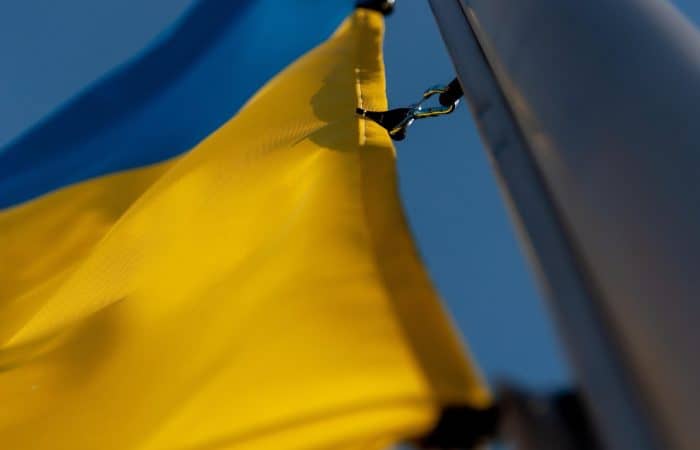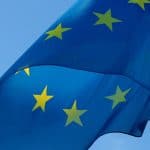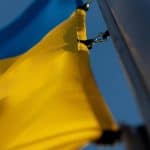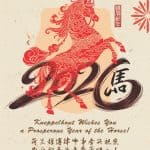Our Trade, Industry & Logistics section regularly publishes articles with the theme ‘The 10 most frequently asked questions about…’. In this way, we want to inform you in an accessible way about certain legal terms, topics or current affairs. Should you still have an 11th question following these 10 most frequently asked questions, we are of course ready to answer it. To do so, please contact one of our HIL colleagues.
The 10 most frequently asked questions on Russia sanctions
1. What are the sanctions against Russia?
Sanctions against certain countries, individuals or entities are political measures that can be used if international law, human rights or democratic principles are not respected. Since Russia’s annexation of Crimea in 2014, the European Union (amongst others) has introduced several sanctions packages. These sanctions packages have expanded considerably since Russia invaded Ukraine in early 2022. For an overview of all sanctions packages against Russia so far, we refer to our previous article on this subject.
2. What is the aim of the sanctions against Russia?
The aim of the sanctions against Russia is to increase pressure on Russia and to stop the financing of the war against Ukraine. The European Union maintains a targeted approach against certain individuals, entities and assets to tackle as many potential sources of income for Russia as possible. Certain influential and/or rich individuals are targeted, as well as raw materials and products that are important to the Russian economy, such as oil and gas.
3. What does Regulation 269/2014 cover?
This regulation deals with the financial sanctions, in particular the so-called ‘asset freezes’. Assets of individuals and entities who are on the sanctions list of Regulation 269/2014 within the European Union should be frozen. These include, for example, bank balances, as well as yachts, real estate or other luxury products. This means that sanctioned persons and companies cannot access these assets anymore and their assets may not increase.
4. What does Regulation 833/2014 cover?
This regulation deals with trade sanctions against Russia, aiming to restrict the trade with Russia as much as possible by means of import and export restrictions. Certain commodities and products are designated by the sanctions, including luxury products but also commodities such as steel, wood and coal. This list continues to grow longer, because the EU keeps adding goods. The import ban of certain Russian goods into the European Union ensures that less money flows towards Russia. The export ban of certain goods to Russia prevents production of certain materials in Russia as well as the use of specific goods in the war against Ukraine.
5. To whom do the financial sanctions apply?
The sanctions are applicable to more than 2300 persons and entities. These include Russian leaders, senior officials, military personnel and oligarchs. Companies, for example, active in space technology, the chemical sector, the explosives sector and leading Russian energy companies are also on the sanctions list. Once persons and entities are on the list it is no longer allowed to trade with them, or with persons or entities associated with them. No money, resources or other benefits may flow from the European Union towards these designated individuals or entities.
6. What goods are covered by the sanctions?
Not all trade with Russia is forbidden. In principle, when the products and goods are not listed in Regulation 833/2014 trade is still permitted, as long as it does not involve trading with sanctioned entities or individuals. In practice, however, the question is how payments can still be made for the trade with Russia (see question 10 below). The goods covered by the sanctions concern goods that could be used as materials in the war against Ukraine or which are important for the Russian economy. Goods that can no longer be imported from Russia include for example crude oil, gold, steel and iron, as well as liquor. There are also goods that are no longer allowed to be exported to Russia, such as advanced technology, aviation goods and technology, or luxury goods.
7. What are ‘dual-use’ goods?
Dual-use goods are items that can be used for ‘ordinary’ (civilian) purposes and civilians, as well as for military purposes. For example, even rubber boots could qualify as dual use goods if these boots were to be used by the Russian army. It also includes many technologies or raw materials that could be used for both an industrial application as well as for the production of weapons. If dual-use goods are exported, Regulation 833/2014 should be consulted to assess whether the sanctioned goods fall under an exception. If it falls under an exception, a license can be requested from the competent state authority, because without a license these goods may not be exported to Russia.
8. How can circumvention of trade sanctions be prevented?
The fourteenth sanctions package against Russia introduced far-reaching measures to prevent circumvention of trade sanctions. Previous sanctions packages already included a general prohibition provision on the circumvention of sanctions. A circumvention scheme that is commonly used is trading with Russia through third countries. Any circumvention detracts from the purpose of the sanctions and is therefore not permitted. Article 8a of Regulation 833/2014 introduces far-reaching measures to avoid undermining the purpose of the sanctions. Companies based in the European Union must “take all measures necessary” to ensure that their subsidiaries based outside the European Union do not participate in activities that would undermine the sanctions. Specifically, this means that European parent companies must instruct their subsidiaries outside the European Union to comply with European trade sanctions against Russia. As a result, for the first time, the application of European trade sanctions was extended to third countries.
9. What are the consequences if the sanctions regulations are violated?
In the Netherlands, a violation of the sanctions regulations against Russia will lead to a violation of the Sanctions Act 1977. This qualifies as an economic offence has been committed, which constitutes a criminal offence. This may result in the imposing of fines or even jail time, the severity of which depends on the level of guilt of the offender. These penalties can be substantial. In addition, often the benefit gained from violating the penalties must be repaid.
10. How do banks deal with the sanctions?
Russia’s largest banks are cut off from the SWIFT system. In addition, European banks take on a rigid stance towards transactions involving Russia. In the Netherlands, major banks have imposed additional sanctions policies on their corporate customers. This amounts to (virtually) no more trade with Russia and no more transactions that have a link to Russia. In practice, the bank’s clients must provide them with entire supply chains, identifying the origin of goods and products. It also requires clients to draft ‘internal compliance programs’. Banks have taken these measures to protect themselves from the high fines they may face from the government.
More information
If you have any questions based on this article, please contact our Trade, Industry and Logistics specialists:
